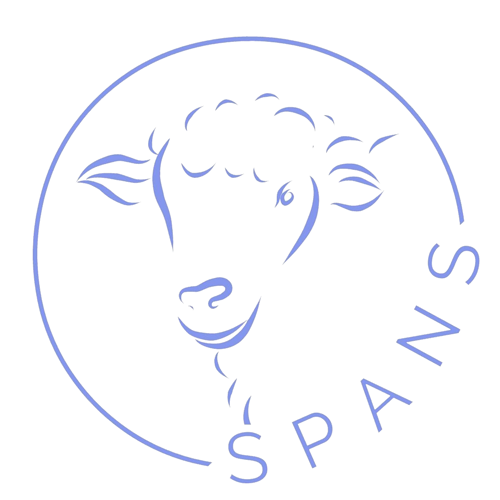By Richard Cutherbertson, CBC
As racks of lamb are cut and vacuum sealed for shipment at Bible Hill’s Northumberland Lamb Market Co-Operative, manager Michael Isenor lists the slew of changes the plant has undergone.
Doors were replaced, floors re-poured, new stainless steel rails installed to move carcasses and refrigerators equipped with temperature gauges connected to alarms. A hose periodically shoots out a stream of sanitizer to clean footwear.
“The original plant had to be totally redone, basically,” Isenor says.
After three years and roughly $700,000 (two-thirds of that government money), Northumberland has finally secured a federal licence — one that some view as the ticket to the future of Nova Scotia’s sheep industry.
Northumberland is the now only federally inspected lamb abattoir east of Quebec. The designation landed in July and means for the first time meat from the plant is allowed to be shipped out of province.
The goal is to get Northumberland lamb into the distribution centres for Sobeys and Atlantic Superstore, where it can then be transported to other provinces.
On Tuesday, Sobeys agreed in principle to begin taking Northumberland meat at its Debert warehouse and to make the cooperative its Atlantic Canada supplier of fresh lamb.
Many of Nova Scotia’s 40-odd Sobeys stores already take Northumberland lamb, but the deal opens the door to the grocery giant’s 42 stores elsewhere in the region.
All this is leading to talk of stability, even expansion in Nova Scotia’s sheep industry.
Farmers that supply Northumberland will have a better idea of how many lambs are needed and what price they will fetch, according to Fred Hamilton, who sits on the board of the cooperative.
Glut of lambs in fall
“Now that we’re federally inspected, it really opens up everything wide open for us, that we can market anywhere,” Hamilton says. “Hopefully increase our productivity and it will be a real bonus to the industry here.”
Northumberland slaughters and processes between 5,000 and 6,000 lambs a year supplied by roughly 90 farms in the Maritimes.
Packaged meat is then transported to restaurants and stores across the province, many in the metro Halifax area. With the federal designation now in hand, Isenor says he hopes to double production.
The sheep industry typically goes through cycles, says Hamilton, who owes roughly 200 ewes that produce more than 400 lambs a year. Often there’s a glut of lambs in the fall, and many producers are forced to send them to Quebec.
Tapping into wider markets through Sobeys and Superstore will help smooth out those bumps, Hamilton says.
“If there turns out to be a larger demand, existing farmers will expand and hopefully new farmers will come into the business,” Hamilton says.
In an email to CBC News, Sobeys spokesperson Shauna Selig says the supermarket has previously been limited to purchasing Northumberland lamb for its Nova Scotia stores as the meat could not be transported to other provinces.
A federal licence means Sobeys can now embrace a local supplier for its fresh lamb, Selig says, calling it a “win-win.”
